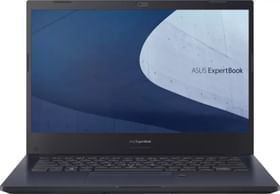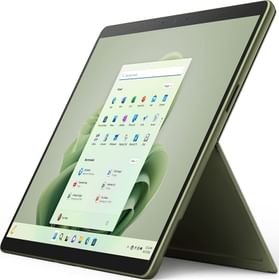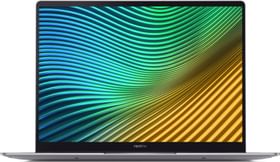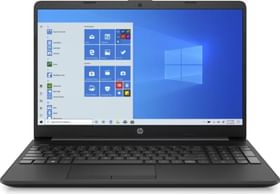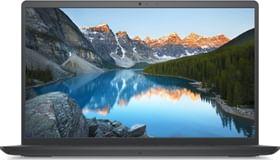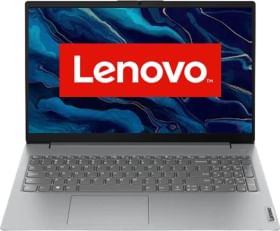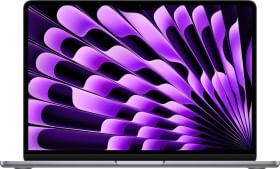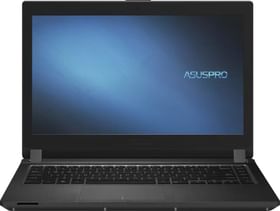In a move to promote the ‘Make in India’ initiative, the Indian government has imposed restrictions on the import of laptops, tablets, personal computers, ultra-small form factor computers, and servers. The Directorate General of Foreign Trade (DGFT) has announced that restrictions apply to seven categories of electronic devices companies including laptops and tablets classified under HSN Code 8471.
Decoding HSN Code 8471: What Does It Signify?
The Harmonised System of Nomenclature (HSN) code serves as a classification system for product identification and taxation purposes. The specific code relevant to this context, 8471, pertains to data processing machines. In essence, this code identifies devices designed to carry out data processing tasks.
The Rationale Behind the Imposed Restrictions
The government’s decision stems from its push to promote domestic manufacturing of laptops and computers, aligning with the recently renewed production-linked incentive (PLI) scheme for IT hardware. The deadline for applying for these production-linked incentives in this product category is set for August 30. Additionally, this measure is aimed at reducing inbound shipments of these goods from countries like China and Korea.
Moreover, a government official highlighted that while multiple reasons factored into the imposition of these restrictions, the primary concern is safeguarding the security of citizens. There’s an acknowledgment of potential security-related issues with certain hardware that could compromise sensitive and personal data.

Understanding Exemptions and Transitional Provisions
Exceptions to these restrictions exist. Under the foreign trade policy’s transition provisions, import consignments can be brought in if the bill of lading and letter of credit were issued or opened before August 3. From August 4 onwards, importers can apply for a license, with a prerequisite that they are regular importers.
An exemption is also extended for the import of a single laptop, tablet, all-in-one personal computer, or ultra-small form factor computer, even those acquired from e-commerce platforms via post or courier. However, these imports will be subject to applicable duty payments.
Furthermore, import licensing is not required for up to 20 items per consignment for purposes such as research and development, testing, benchmarking, evaluation, repair and return, and product development. Baggage rule imports are also unaffected by these restrictions.
What will be the impact of this ban?
Union Minister of State for Electronics and Information Technology, Rajeev Chandrasekhar, highlighted the necessity of a policy to limit laptop and personal computer imports. He indicated a forthcoming transition period for the implementation of these new regulations. In a recent tweet, he assured that details about this transition period would be notified soon.

The Union commerce ministry’s notification requires computer manufacturers to obtain a valid license and pay duty for importing items like PCs, laptops, tablets, and servers. Analysts believe that this government action is unlikely to cause price increases in the electronics segment. However, experts interviewed by Moneycontrol suggested that short-term price hikes might occur, particularly for products like Apple’s laptops, which are completely imported.
Neil Shah, a partner at Counterpoint Research, explained that while some products might see temporary price increases, this policy would ultimately support the ‘Make in India’ initiative. He mentioned that Dell and HP could benefit since they already have manufacturing facilities in India. He emphasized that a large portion of laptops, approximately 1.5 million out of 2 million shipped per quarter, are imported, creating an import-export imbalance. Shah noted that although the volumes are significant, immediate manufacturing expansion might be challenging.
You can follow Smartprix on Twitter, Facebook, Instagram, and Google News. Visit smartprix.com for the most recent news, reviews, and tech guides.













